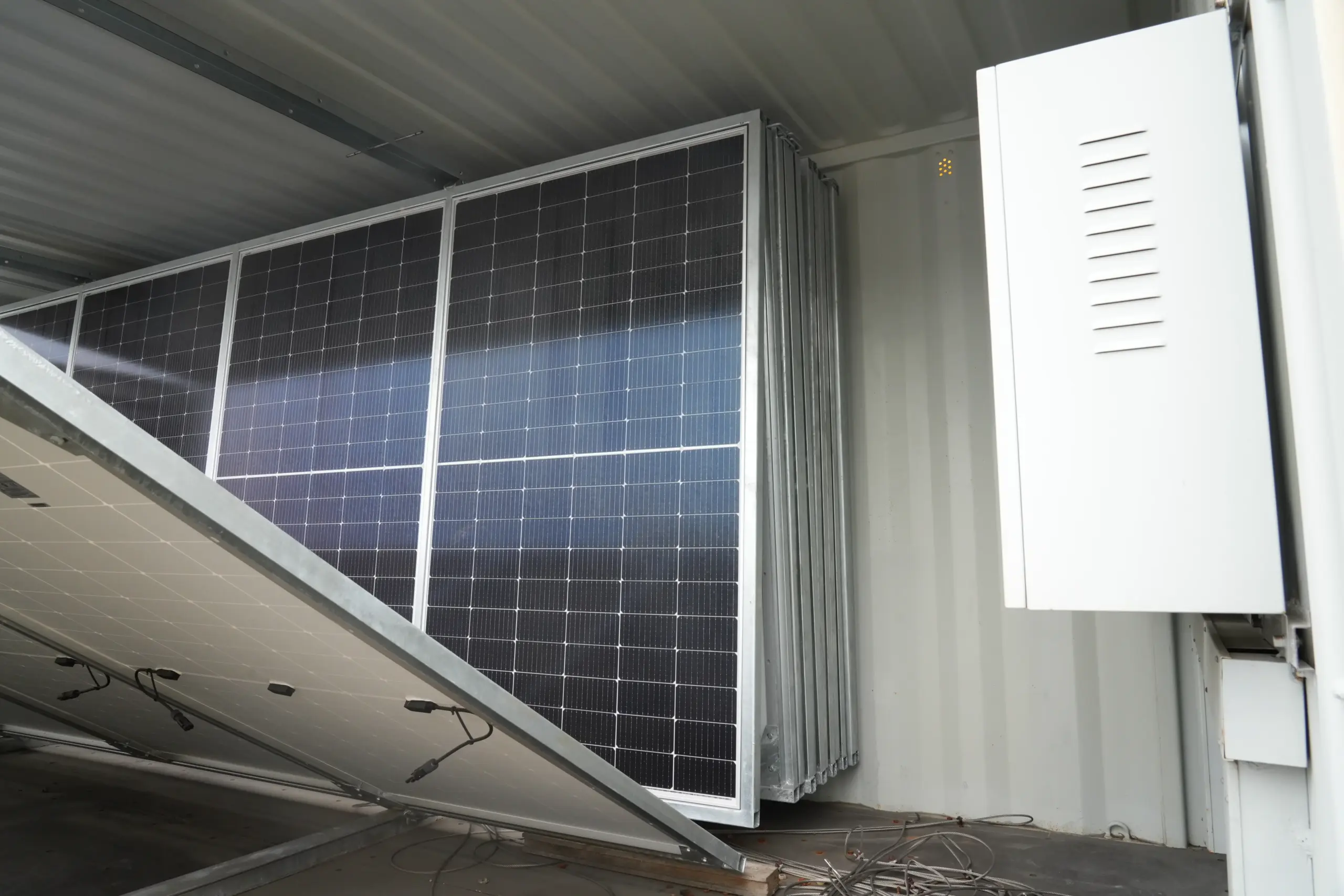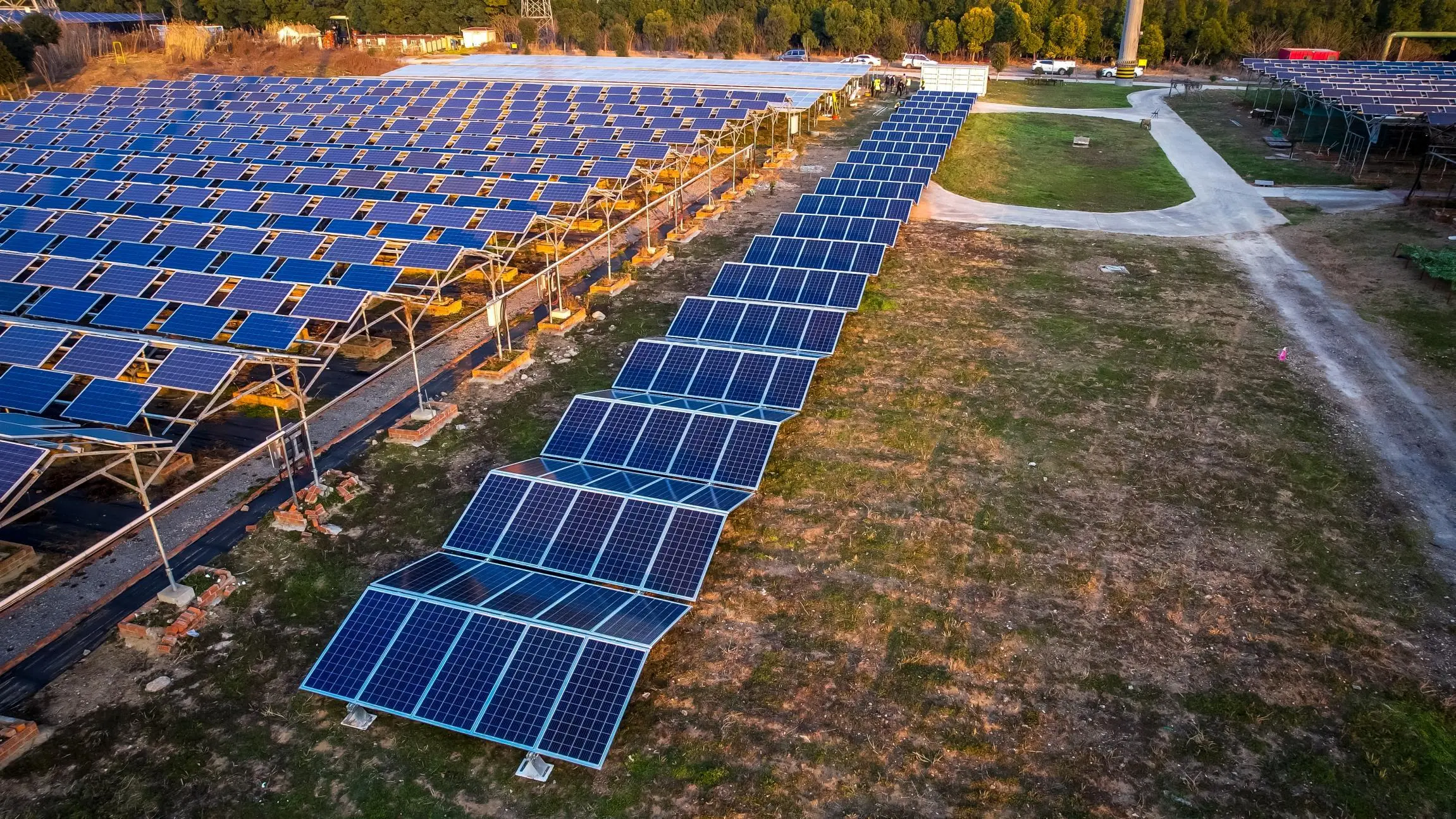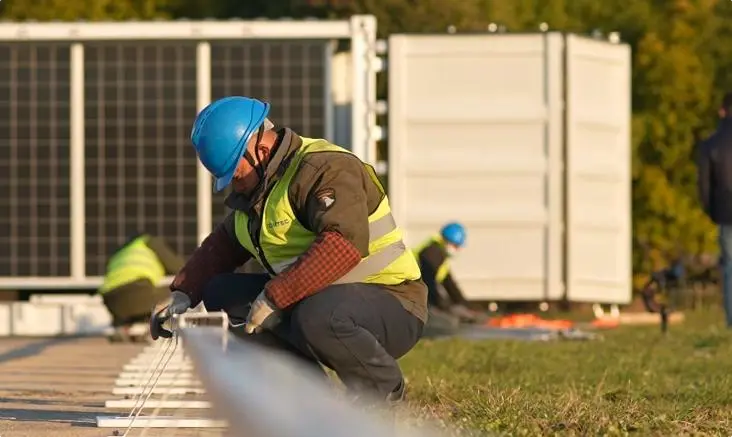When you're about to roll out containerized solar systems--for a Haitian humanitarian mission or a telecom project in Namibia--you'll soon have to answer a crucial question: what certifications should solar containers have to ensure safety, performance, and compliance with regulations?
Solar containers are often shipped to remote, off-grid, or disaster areas. Failure due to poor equipment or untested wiring is not just inconvenient—it can be unsafe. That's why certifications matter, especially on publicly funded projects, insurance claims, or international shipment.
Why Are Certifications for Solar Containers Important?
Certification ensures that the solar container complies with:
- Electrical safety standards
- Structural and environmental durability
- Battery and inverter safety standards
- EMC (electromagnetic compatibility)
- Fire and insulation safety
Now you might wonder, do all certifications hold equal weight on every project? Not really. It depends on your deployment site, whether the system is grid-connected to a local grid, and whether it is with batteries or fully off-grid. Let me break it down.
Important Certifications for Solar Containers
1. IEC 61730 & IEC 61215 (PV Modules)
These international standards ensure your solar panels are safe (61730) and operate as in real life (61215). All major panel makers, including LONGi and Jinko, follow them.
2. UL 1741 or IEC 62109 (Inverters & Hybrid Systems)
UL 1741 is a key North American specification for grid-interconnected inverters. IEC 62109 caters to both stand-alone and hybrid inverters globally. For example, an Alberta, Canada project required LZYESS's solar container to meet CSA/UL 1741-SB for connection to the local utility.
3. UN38.3 and IEC 62619 (Battery Safety)
If your packaging contains lithium batteries, these regulations guarantee they're safe to transport and install. UN38.3 is essential for global shipping; IEC 62619 guarantees cell-level security. In 2022, an undertaking close to Bamako, Mali, encountered a two-week delay because of failed UN38.3 documentation on air freight examination.
4. ISO 9001 and ISO 14001 (Manufacturing Quality and Environmental Systems)
While not solar-related, these ISO certifications ensure the manufacturer uses quality-controlled methods and adheres to environmental protection measures.
5. IP Rating & IEC 60529
This defines the extent of how weather-tight the container is. An IP65 or higher rating is typically required for outdoor deployments—especially coastal or desert environments.

Optional (But Increasingly Important) Certifications
- CE Markingfor European compliance
- FCC Part 15for systems that include communication modules
- Fire ratingslike UL 9540A for battery enclosures
- Compliance with smart inverterstandards (IEEE 1547-2018) for grid support functions
And as the market becomes integrated with the smart grid, newer standards like IEC 61850 (substation automation communication) await on the horizon.
How to Verify Certifications Are Legitimate
It's not a matter of what certs are claimed—but whether they're legitimate and independently verified. Some ideas:
- Ask for certification reports with lab names, not just icons on the spec sheet
- Look for TÜV, SGS, Intertek, or CSA as the legitimate labs
- For EU projects, ensure the CE Declaration of Conformity is present
- Ask for UN shipping documents for battery packs
Would cutting corners on certification risk your whole investment? In a 2021 case in Chittagong, Bangladesh, an untested container system was detained by customs for 6 months and eventually denied grid access for non-presence of CE and EMC certifications.

Industry Insight: What International Tenders Are Looking for in 2024
More and more funding schemes are, in fact, specifying certification specifications. For example:
- The World Bank's GESP initiative mandates IEC-certified parts
- USAID Power Africa requires UL/CSA certification for North American projects
- The EU's Horizon GreenEnergy calls for CE and ISO marks
Solar container producers without these certifications are increasingly cut out from large orders. Thus, if you're buying in bulk or for institutional purposes, certifications aren't an option—they're mandatory.
If you are buying a pre-fabricated system, there are companies like LZYESS that offer Mobile Solar PV Containers with a complete certification package, such as IEC, UL, and CE standards. These containers are already deployed on certified projects in Asia, Africa, and South America, so they're an imposing choice for individuals who need a turnkey, compliant solar container solution.

